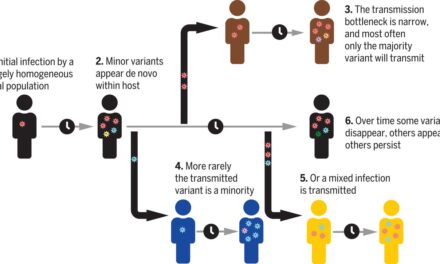
A recent study, published in The International Journal of Obesity, highlights the effectiveness of early intervention in childhood obesity, both in the short and long term. Researchers from Karolinska Institutet in Sweden conducted the study, which involved monitoring over 170 young children diagnosed with obesity. The participants, aged between four and six, were recruited from children’s clinics in the Region of Stockholm for a randomized controlled study.
The children and their parents were randomly assigned to one of three treatment conditions: standard treatment, parental support group, or parental support group with follow-up telephone support. The standard treatment group focused on diet and exercise through meetings with a doctor, pediatrician, and/or dietician. The two parental support groups, excluding the children, aimed to guide parents in promoting healthy family lifestyles positively and without conflict.
Principal investigator Paulina Nowicka, Associate Professor in Pediatric Science at the Department of Clinical Science, Intervention and Technology at Karolinska Institutet, as well as professor of Food Studies, Nutrition, and Dietetics at Uppsala University, emphasized the importance of discussions on setting boundaries, teaching new behaviors, and effective communication with various adults in the children’s environment.
Following participation in the parental support groups, half of the participants received a follow-up phone call. The study’s findings suggest that early obesity treatment has a lasting impact. All three groups showed improvements in weight status and a reduction in obesity levels. Children whose parents received parental support, particularly those with follow-up phone calls, demonstrated the most significant progress. Moreover, more children in this group exhibited clinically significant enhancements in weight status, associated with improved metabolic health, including blood lipid and glucose levels.
Professor Nowicka acknowledged that most parents are aware of what types of food to provide their children. However, she emphasized the challenges of dealing with a child’s constant hunger or love for food without stigmatizing it. Establishing a clear mealtime routine and involving the child in cooking were recommended, along with not using food as a reward or associating it with emotions or achievements.
While treating obesity can be challenging, the study underscores that intensive intervention is both safe and effective for preschool-aged children. Starting treatment at this early stage is significantly more effective than waiting until adolescence, which may lead to more drastic measures like bariatric surgery.
The research was a collaborative effort between teams from Karolinska Institutet, Uppsala University, Warwick Medical School, and Oxford University. Funding was provided by the Centrum for Innovative Medicine (CIMED) and the Masonic Home for Children in Stockholm Foundation.












